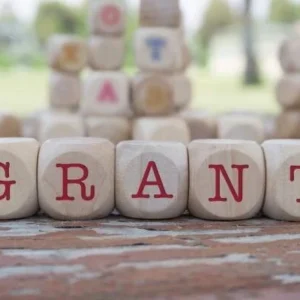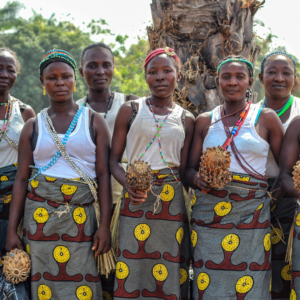Ayat, a 29-year-old mother of four who is expecting another child, lives in Deir Al Shams, a rural village in southern Hebron where health services are scarce and social connections for women are limited. For her and others in the community, even a simple doctor’s visit requires costly travel to the city. With the recent launch of a UNFPA-supported mobile safe space in August 2025, Ayat now has access to vital services including first aid, counselling, awareness sessions, and empowerment programmes, marking her first opportunity for regular mental health support.
The broader crisis in the West Bank has left many Palestinians struggling under displacement, destroyed infrastructure, and severe restrictions on movement, which further reduce access to education, healthcare, and other essential services. For women and girls, the psychological toll is immense, with rising fear, anxiety, and lack of safe spaces. Deir Al Shams, one of the most marginalized areas in southern Hebron, faces particular challenges of poverty, isolation, and an absence of reliable education or support services.
Across the West Bank, more than 230,000 women and girls lack access to reproductive health services, including nearly 15,000 pregnant women. Survivors of gender-based violence are especially vulnerable, as they often face stigma, fear of retaliation, and a lack of confidential places for support. Through partnerships with the Palestinian Family Planning and Protection Association and ADWAR, and with funding from Canada, UNFPA is expanding services with both mobile and fixed safe spaces. A permanent centre is being set up in Hebron City to provide case management, legal aid, and sexual and reproductive health services.
For women like Lama, a 24-year-old mother who visited the safe space with her young daughter, the new initiative represents both medical support and a sense of security. She expressed hope that services would expand to cover urgent health needs more consistently. Similarly, Samira, 38, head of the local Women’s Protection Committee, described the safe space as a place of healing and solidarity, where women can share experiences and build resilience together.
These mobile and fixed safe spaces, alongside shelters established in Nablus, Jenin, and Tulkarem, are offering women across the West Bank vital lifelines. By providing access to healthcare, psychosocial support, legal aid, and safe environments, the programmes are helping survivors of gender-based violence and marginalized women rebuild their strength and hope in the face of ongoing hardship.







